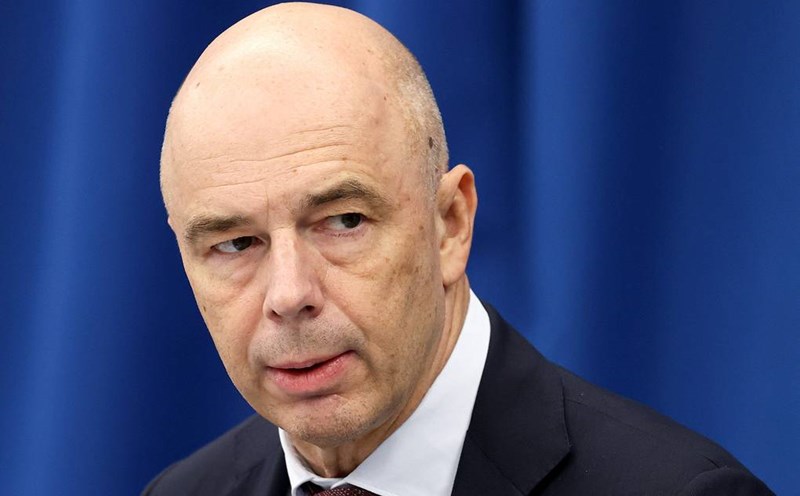European Commission President Ursula von der Leyen affirmed that the European Union (EU) will not follow US President Donald Trump's request to impose a 100% tax on goods imported from India and China, despite pressure from Washington.
In an interview with Le Soir on September 21, Ms. Von der Leyen emphasized: "The EU will make its own decision". She said the latest package of sanctions from the bloc - ambitious and significant - was enough to put pressure on Russia to sit at the negotiating table.
In early September, President Trump called on the EU to impose tariffs of up to 100% on goods from India and China, similar to the measures Washington is implementing. He argued that isolating countries that still maintain trade relations with Moscow would increase financial pressure, forcing Russia to end the Ukrainian conflict.
The US has recently imposed an additional 25% tariff on Indian goods, raising the total import tax to 50% on most of them, citing New Delhi as still importing Russian oil. The Indian Foreign Ministry responded strongly, calling the decision "unfair and unreasonable".
For China, the tariffs have been extended to 145%, with Beijing retaliating with a 125% tariff on US goods. The two sides then reached an agreement to temporarily lower the tax rate to 30% and 10% until November this year.
According to Ms. Von der Leyen, Europe does not necessarily have to " import" all of the US policy. In the 19th package of sanctions against Russia, the EU has added 12 Chinese entities and 3 Indian entities to the list of sanctions, with accusations of assisting Russia in circumventing previous restrictions.
However, she also emphasized that the EU needs to maintain a strategic balance: The increasingly complex geopolitical environment forces member countries to strengthen partnerships based on common interests. Closer cooperation between the EU and India has never been more necessary than it is now.
At the same time, the EU is still committed to coordinating with the US and the G7 countries to seek solutions to the conflict in Ukraine, but on the basis of protecting its core economic and trade interests.
This move is viewed by observers as a clear reminder that Europe is ready to accompany the US on many issues, but will not accept that its interests are under political pressure from the White House.











